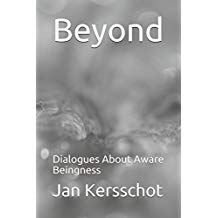by Prof. Phillip Charles Lucas
<Read Part 1>
Modern Advaitins are the successors of a long line of Vedanta-inspired teachers and movements in North America that reaches back to 1830s New England Transcendentalists, the Theosophical Society (founded 1875), New Thought (originating in the late nineteenth century), Vedanta Societies (founded in the 1890s), Paramahansa Yogananda’s Self-Realization Fellowship (founded 1920), Transcendental Meditation (founded 1959 in Los Angeles as the Spiritual Regeneration Movement), the Integral Yoga Institute (founded 1966), Sivananda Yoga Vedanta Centers (founded 1959), and many other teachers and movements. [For a recent and comprehensive view of these teachers and movements see Philip Goldberg, American Veda: From Emerson and the Beatles to Yoga and Meditation (New York: Random House, 2010).]
TMA proponents have witnessed the profusion of NTMA (sometimes pejoratively called “Neo-Advaita”) satsangs and teachers in the past twenty-five years with a growing concern that the forms Advaita spirituality is taking in Western cultures may no longer be providing spiritual seekers with an effective methodology to achieve moksha, the ultimate liberation from the ocean of human suffering and rebirth (samsara). This article takes no position on the efficacy issue but seeks to examine various dimensions of tension between these two factions that might shed light on the larger phenomenon of orthodoxy versus innovation in transnational spiritual movements.
Continue reading

